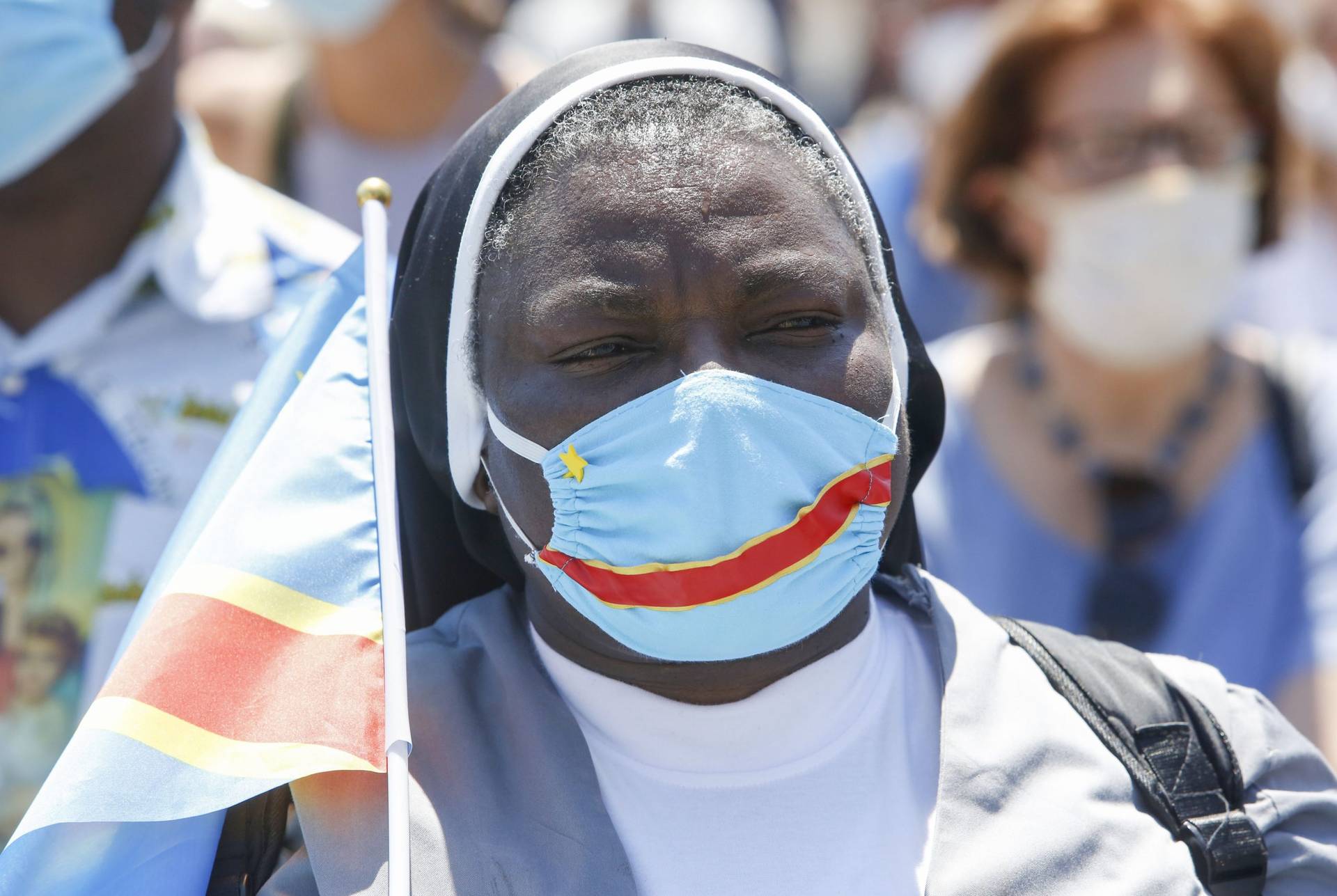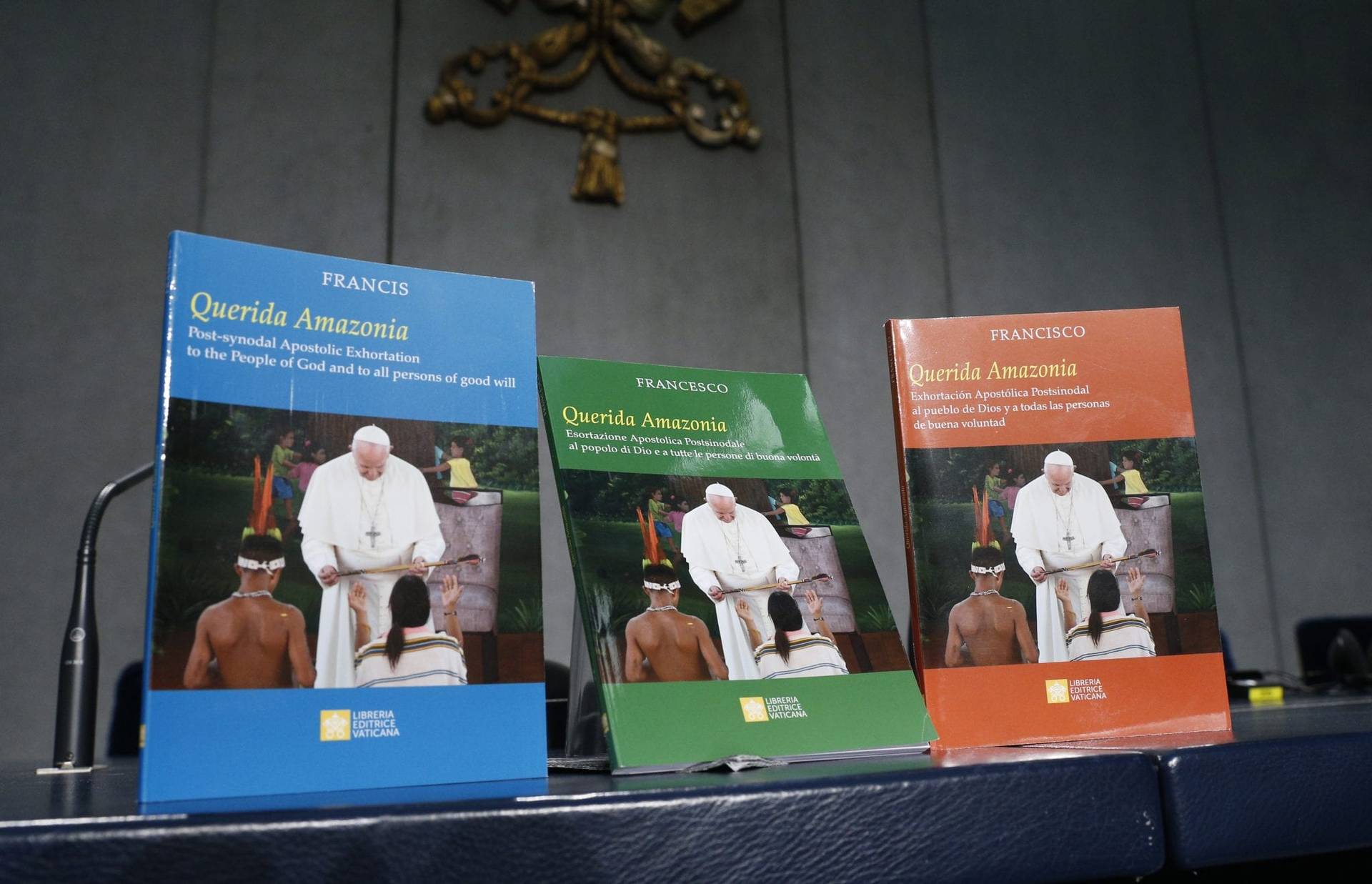ROME – Although he’s now nearing the mandatory retirement age of 75, Cardinal Christoph Schönborn of Vienna, Austria, was a young pup when he was first named a bishop almost 30 years ago, which means he’s seen a lot of water under the bridge. Monday, he said one conclusion he’s drawn on the basis of that experience is this: Criticism of Pope Francis, the seventh pontiff during his lifetime, is nothing new.
“I’m old enough to have memories of the pontificate of St. Paul VI, and the criticisms he received are very similar to those Francis receives,” Schönborn said Monday at a press conference organized by the Vatican. “For some, he was the destroyer of the Church, for others he was the impediment for progress in the Church. But in the middle, he was simply the pope.”
“That is my attitude as a Catholic: He’s the pope,” said Schönborn, who was the general editor of the Catechism of the Catholic Church published during the pontificate of John Paul II and overseen by then-Cardinal Joseph Ratzinger.
Schönborn noted that, having had good relationships with the previous two popes and with Francis too, he’s never seen “the slightest opposition” among the three, even though they’re “different, because each has their own character.”
But, at the end of the day, it all comes down to the fact that “they’re the pope. It’s very clear to me: be loyal to the pope. Full stop.”
A reporter pressed Schönborn, saying that those who criticized Paul VI were “qualified” and not men and women as young as 17, as is the case with Francis.
“The criticism of Paul VI wasn’t always qualified,” the cardinal responded. “Criticism is part of life, and to be pope means to be both criticized and loved. There are so many people who love the pope, who admire him, and who pray for him.”
“We have 1.3 billion Catholics who every Sunday pray for this pope, and we will do so for the next pope,” Schönborn said. “This is, for me, much more impressive.”
Speaking about the Amazon synod, the cardinal said that he’s taking part in the Oct. 6-27 summit “to listen,” because he’s never been to the rainforest. During the past two weeks, he said, he learned that even though it’s inaccurate to say it’s the “lung” of the world, it is accurate to say that it’s decisive for the global climate.
“There’s scientific evidence [proving] that the destruction of the Amazon forest means the destruction of the world,” said Schönborn.
Regarding one of the “hot button issues” of this synod, the possible ordination of married men into the priesthood, the prelate noted that when his time came to speak at the synod, he pointed out that in his diocese there are 180 permanent deacons, most of whom are married.
A possible solution to the shortage of priests in the Amazon that has been floated by several synod fathers is the re-distribution of priests, as the priest to faithful ratio varies greatly from one place to another.
To give one example, Schönborn noted that there are currently 1,200 Colombian priests in the United States, Canada and Spain. If at least some of them would be willing to go to the Colombian Amazon region, things could change.
“We know this problem of the distribution of the clergy,” he said. “Europe has an over-abundance of clergy, and we have to be honest, this is also because there’s a better well-being and salaries than in poor regions of the world.”
Vocational solidarity, he said, has been discussed in the synod, and Francis himself noted that the whole of Latin America, and even the whole of the universal Church, is also responsible for what’s happening in the Amazon. Self-criticism from the universal Church is necessary, he said, to understand the pastoral challenges the region faces today.
Another important element of the discussions of the synod has been the environment and the Church’s role in protecting the Amazon rainforest.
“I have learned a lot from the courage of these indigenous people who’ve lived under straps for 500 years,” he said. “We, as colonial powers, we have to be very alert, very attentive, to what it means for these peoples to have been under pressure, under the danger of extinction, for centuries.”
“We don’t need to tame the Amazon but to ask ourselves how to safeguard it,” he said. “We need to give voice to these threatened peoples, and pay attention to the poor and to those forgotten by politics.”
Italian Father Dario Bossi, Comboni missionary who’s been in Brazil for 15 years and serves as the director of the network “Churches and mining activities,” was also at the press briefing. He spoke about the negative impact mining companies and other extractivist industries have in the region, and charged that governments and private companies are bending norms and regulations to improve the profit margins, disregarding the fact that rivers are being polluted and people forced out of their lands.
“Mineral extraction results in deforestation and pollution,” he said. “The production of 1 gold ring requires 20 tons of earth to be moved. The Church is taking a clear and forceful position.”
Asked if the Catholic Church should reduce its own use of precious metals, including gold or stones used in episcopal rings and vestments, Bossi said that there’s a reflection both in the Church and society as a whole on the use of gold, as 90 percent of it is used only in jewelry, to show status.
“It would be a very important sign if the Church stopped using gold,” he said.
Follow Inés San Martín on Twitter: @inesanma
Crux is dedicated to smart, wired and independent reporting on the Vatican and worldwide Catholic Church. That kind of reporting doesn’t come cheap, and we need your support. You can help Crux by giving a small amount monthly, or with a onetime gift. Please remember, Crux is a for-profit organization, so contributions are not tax-deductible.















